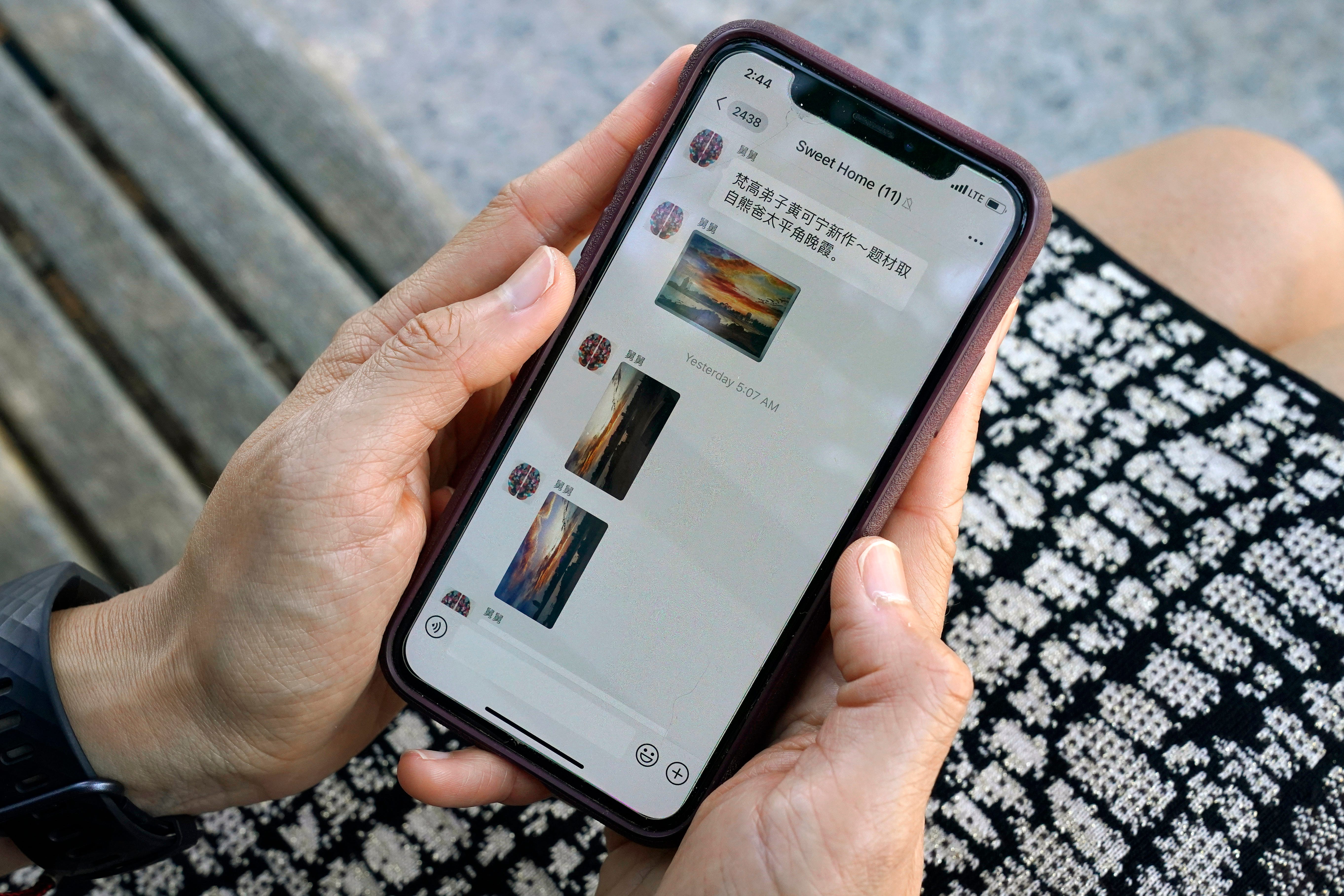

This change means there is no feedback to users that censorship has occured making the restrictions on WeChat less transparent. In both chat modes, users are no longer presented with a warning message when they enter blocked keywords, as indicated by previous reports. We found a greater number of keywords blocked on group chat compared to one-to-one chat, which suggests that communications on group chat are specifically targeted, potentially because group chats can reach a larger number of users. We used a sample of keywords found blocked on other apps used in China and systematically tested that sample in two modes: one-to-one chat and group chat. Documenting censorship on a system with a server-side implementation such as WeChat’s requires devising a sample of keywords to test, running those keywords through the app, and recording the results. If the message includes a keyword that has been targeted for blocking, the message will not be sent.

When you send a message it passes through a remote server that contains rules for implementing censorship. WeChat performs censorship on the server-side.
#Wechat app registration#
Differentiating content access based on user registration seemingly creates a “one app, two systems” model of censorship. Filtering remains enabled even if users later link their account with a non-mainland China number, which means that users with accounts registered to mainland China will remain under censorship regardless if they travel or unlink their Chinese phone number from the account. We found that keyword filtering is enabled on WeChat for users with accounts registered to mainland China phone numbers. In this report, we provide the first systematic analysis of keyword censorship and URL filtering on WeChat to determine how the app filters content and the type of content that is blocked. Despite these concerns, there is limited technical research into the operation and scale of content monitoring and filtering. Accordingly, the popularity of WeChat has also been met with suspicions of surveillance and media reports of censorship.

Operating a chat application in China requires following laws and regulations on content control and monitoring. WeChat is owned and operated by Tencent, one of China’s largest technology companies.

It is estimated that Chinese users spend a third of their mobile online time on WeChat and typically return to the app ten times a day or more. WeChat encompasses more than just text, voice, and video chat it includes a rich set of features such as gaming, mobile payments, and ride hailing, which make it more of a lifestyle platform than a mere chat app. WeChat, ( Weixin 微信 in Chinese), is the dominant chat application in China and fourth largest in the world, with 806 million monthly active users. Websites that are blocked for China accounts were fully accessible for International accounts, but there is intermittent blocking of gambling and pornography websites on International accounts.


 0 kommentar(er)
0 kommentar(er)
